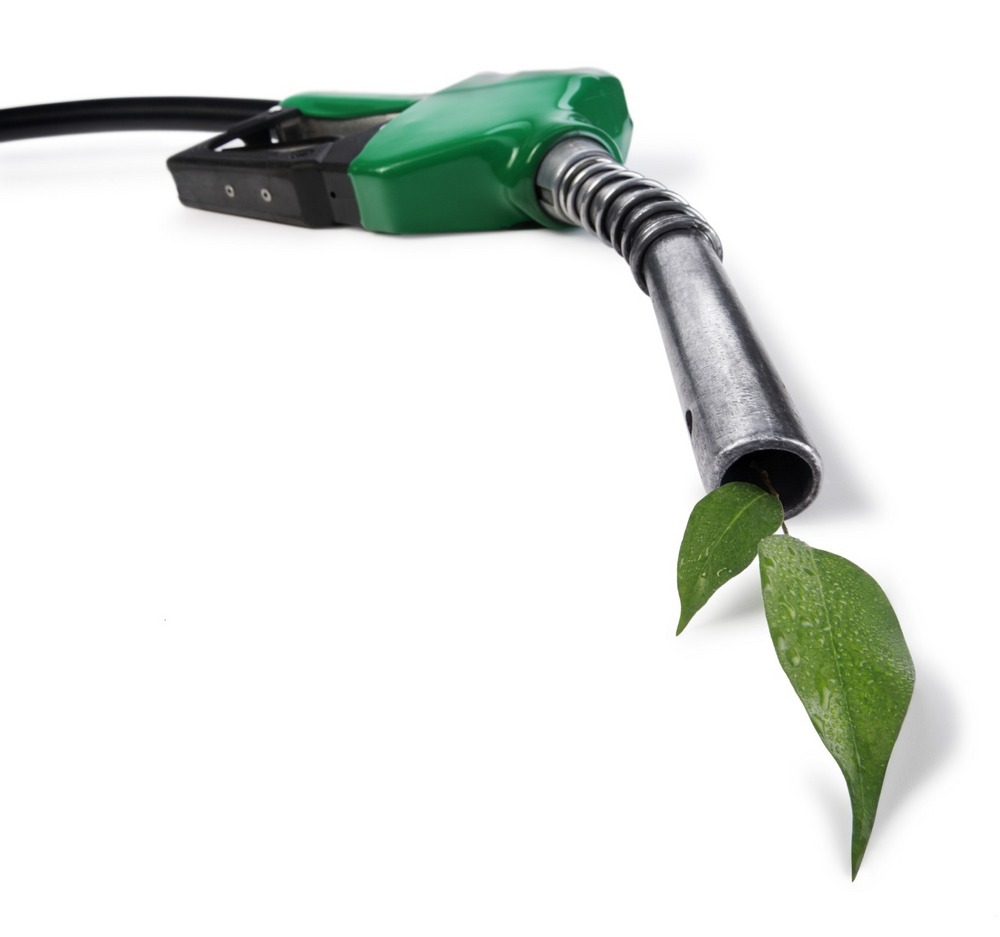Earlier this month several outlets announced the great news that Fred Meyer has joined the Clean Fuels Program as a credit generator, eligible to receive credits for its fleet of renewable natural gas trucks. But they’re not the only ones; Clean Fuels is a growing program, and new parties are registering every day.
The Portland Business Journal recently wrote about who has joined Fred Meyer; companies range from Tesla, to a Southern Oregon transit company, a company that makes many of the chargers located along the West Coast Electric Highway, and more! These are exciting developments, especially considering that the program has only been law since January. Check out the PBJ story below.
“Fred Meyer Stores, a division of The Kroger Co., announced an agreement with Clean Energy calling for up to 500,000 gallons of Redeem renewable natural gas (RNG) fuel for its fleet of 40 LNG trucks based out of its Clackamas, Ore., distribution center.
Fred Meyer is the first company in the State of Oregon to take advantage of the Oregon Clean Fuel Program, which calls for the reduction of greenhouse gas (GHG) emissions through the use of cleaner fuels such as natural gas and renewable natural gas, according to Clean Energy. By fueling with Redeem, Fred Meyer is expected to reduce their GHG emissions by 5,328 metric tons annually.
The grocery chain received its first LNG tractor in December 2014, with the remaining 39 trucks delivered and deployed over the following several months. The trucks replaced older, less-efficient diesel trucks in the fleet.
According to Fred Meyer, the trucks average approximately 175 miles per day, six days a week, 52 weeks a year. They are expected to reduce greenhouse gas emissions by approximately 755 metric tons per year, which equates to removing approximately 159 passenger cars from the road annually. The trucks are manufactured at Freightliner’s North Carolina plant.”
The state’s Clean Fuels Program has kicked off with some big commitments.
Last week, Fred Meyer signed onto the Department of Environmental Quality’s program, purchasing 500,000 gallons of renewable compressed natural gas derived from organic waste that will generate credits for the statewide program that aims to reduce carbon emissions from vehicles.
While the supermarket chain owns 31 trucks that run on liquified natural gas — a cleaner-burning fuel than diesel — Tesla Motors is the headliner for Oregon’s program. The electric vehicle company signed on to generate Clean Fuels credits from 697,000 kilowatt-hours worth of electric vehicle charging at Tesla-owned charging stations.
As of Jan. 1, the Clean Fuels standard mandates fuel importers lower their product’s carbon levels by 10 percent over 10 years. One way to do that is by blending in lower-carbon alternatives into their fuel mix. The program, though, also allows fuel importers to acquire credits toward the 10 percent goal, which they can buy from companies investing in electric vehicle charging stations, propane or other, cleaner fuel systems. “Just looking into what will happen in the future, we don’t know whether we’ll still have the oils we’ve always had, or if diesel prices will get outrageous again,” said Nick Brocato, Fred Meyer’s fleet maintenance manager in Clackamas. “The (renewable biogas) emissions are fantastic, zero on everything.”
A fight was expected from the oil lobby, but in March, the industry announced it would not pursue a ballot measure to repeal or reduce the impact of the program.
At the time, six companies had signed on to voluntarily produce clean-fuel credits.
One of them is Simi Valley, Calif.-based AeroVironment, which has committed 204,000 kilowatt-hours annually to generating credits from 88 electric vehicle-charging stations in Oregon, said Cory-Ann Wind, a DEQ air quality planner coordinating Oregon’s Clean Fuels work.
Others include Rogue Valley Transportation District in Medford, Eugene Truck Haven and Clean Energy Fuels of Newport Beach, Calif.
Also in the works to get into the program is ChargePoint, an EV-charging company with 283 chargers in the state. The Campbell, Calif.-based company just raised $50 million to expand beyond North America, reports Fortune.”
